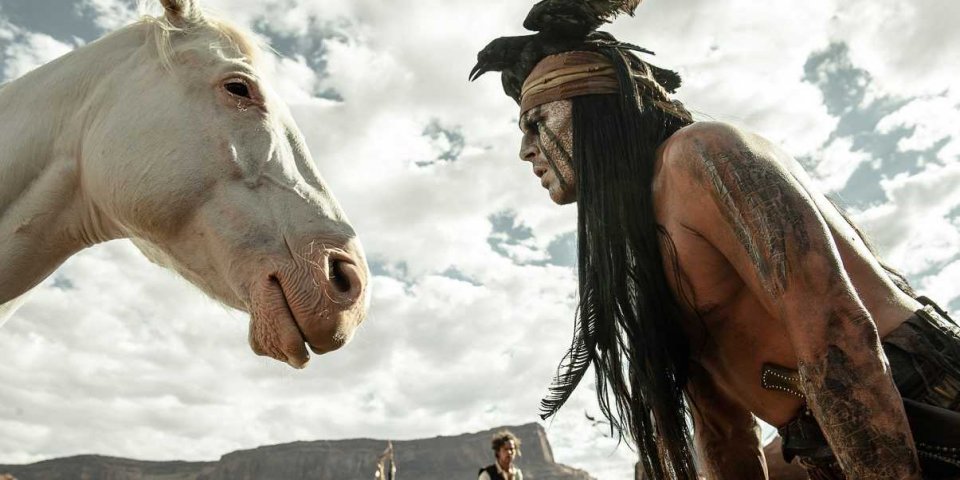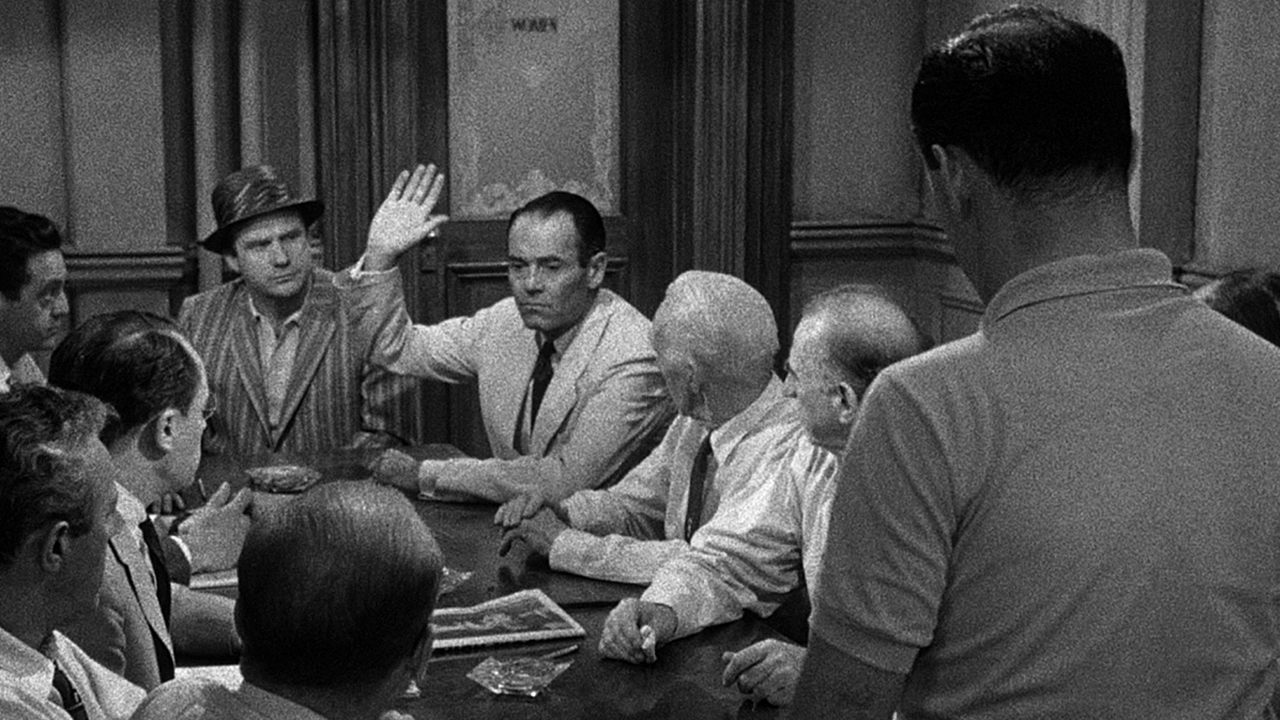THE LONE RANGER & HEAVEN'S GATE - Or How Underrated Wisdom Is Never Heard Til After The Speaker Has Gone
 Two of the greatest films about American nation-building and the sins of the past hit town last year, but almost no one noticed, which is a loss, because they're profoundly wise entertainments that contain wisdom for the ages. The Lone Ranger (whose failure at the US box office has led to a $190 million write-off for Disney, despite being perhaps the brainiest blockbuster action film since Raiders of the Lost Ark) and the re-released Heaven's Gate (a film that bankrupted a studio and whose box office failure has largely concealed from the public the most amazing light ever committed to film) are ready to be engaged away from the hubbub of snarkier-than-thou, average-fits-all circus of mass opinion.
Two of the greatest films about American nation-building and the sins of the past hit town last year, but almost no one noticed, which is a loss, because they're profoundly wise entertainments that contain wisdom for the ages. The Lone Ranger (whose failure at the US box office has led to a $190 million write-off for Disney, despite being perhaps the brainiest blockbuster action film since Raiders of the Lost Ark) and the re-released Heaven's Gate (a film that bankrupted a studio and whose box office failure has largely concealed from the public the most amazing light ever committed to film) are ready to be engaged away from the hubbub of snarkier-than-thou, average-fits-all circus of mass opinion.
Their stories are about the hands that built America on top of genocide. The Lone Ranger radically re-imagines the story we think ourselves familiar with: John Reid is a strait-laced Harvard man, returning to the Texas of his birth to participate in what he might convince himself is a 'civilizing' process, but is ultimately conquest. He just about learns this from Tonto - played by Johnny Depp (of all performers to play this Cherokee, the one with the clearest Native American heritage) - a character more fully written, more complex, and more human than the typical idiot savant/magic charm typically reserved for such archetypes. Director Gore Verbinski's comedy action aims for Buster Keaton heights - and actually almost gets there; the drama is redolent with genuine pathos (Tonto's back story is not just moving, but politically provocative); the cinematic references (not least to Sergio Leone's granddaddy of nation-billing Westerns, Once Upon a Time in the West) are a delight; and the framing device - of an elderly Tonto telling the story to a boy visiting him in a museum - perfectly fits a tale which is partly about how we tell the story of the past. It might sound simplistic to say that Disney has made an art film for the masses, but it's true: The Lone Ranger is the smartest, most exciting, funniest, most moving, and philosophically rich Western since Heaven's Gate.
That earlier film, notorious in reputation, astonishing in experience, also embarks from Harvard, where the preacher's presidential address ordains cultural imperialism: “It is not great wealth alone that builds the library; it is to diffuse a high learning and culture among a people; it is the contact of the cultivated mind with the uncultivated.” The class orator, played by John Hurt, follows to speak of a world in which everything is just fine as it is, which, of course, for the professional class in the 1860s, it was. These men were about to take the land—the intelligentsia grabbing fields and taking human lives, just as Pol Pot gathered his thoughts in Paris, and the more recent bloody Iraq misadventure began partly at Yale. Heaven's Gate is based on the real life story of 'ethnic cleansing' of immigrants by business in Wyoming in the 1890s It is some kind of sick joke for a white American pilgrim descendant to tell a recently pogrommed Eastern European Jew to “go back where you came from,” while the desperation and powerlessness of the population movements that built this nation are confronted as if they were something out of Schindler’s List.
And so we have Wyoming, from where both the torture advocate Dick Cheney and the gay martyr Matthew Shepard hail, where the land is so beautiful it makes you feel like crying: because the emotional resonance of being at home in the presence or absence of God sometimes can’t be expressed any other way. Wyoming, where Jackson Pollock was born to splash paint in dynamic vibrancy, where the carpenter-pilot Harrison Ford carves tables and flies small planes, and where Buffalo Bill learned to sell Western culture back to itself, creating the town of Cody for that very purpose. Because of Buffalo Bill, you could say that Wyoming was where American celebrity was born. Bill knew the power of an over-sell, and he made the country his own. He could learn something from Cimino's Harvard president who, despite inviting imperialist ambition, managed to evoke humility too, speaking of a rather different way to imagine America’s founding, and perhaps an answer to the crises in America’s future:
“Do you wish to write better than you can? We must endeavor to speak to the best of our ability, but we must speak according to our ability.”
The Lone Ranger and Heaven's Gate together speak according to the ability that is granted with the benefit of historical hindsight: this land was never your land, nor mine. Attention must be paid.
My book CINEMATIC STATES explores these themes in more detail - if you like, you can pick it up here.



